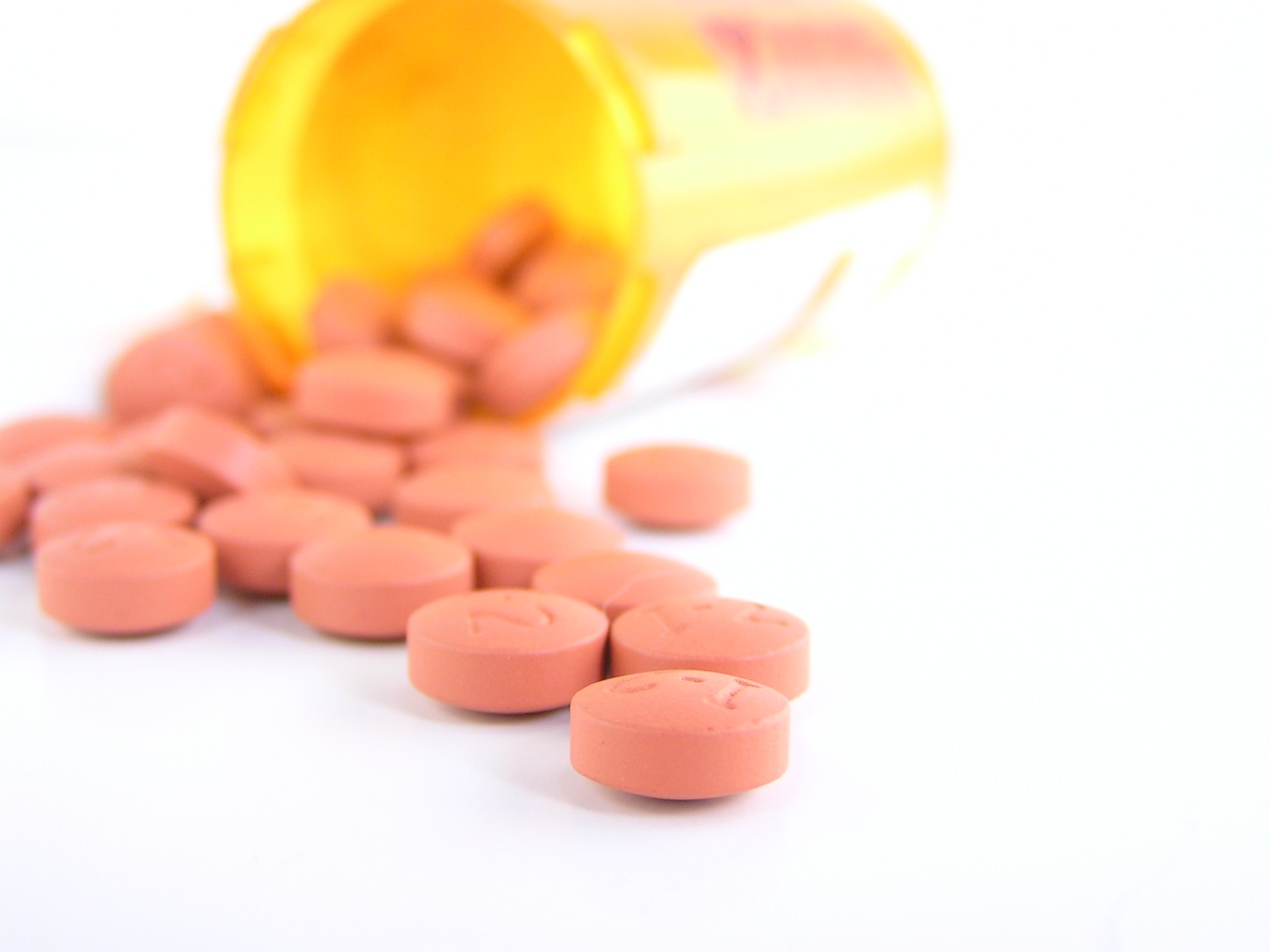Coronavirus Pandemic Intensifies Opioid Crisis
As Seen In:





GET A FREE CONSULTATION
PRACTICE AREAS
RECENT RESULTS



For the past two years there was good news in regards to America’s opioid crisis – overdose deaths were finally going down. But just when advocates were celebrating these statistics, the coronavirus pandemic struck, and those numbers started to rise again.
Data now confirms that overdoses have spiked, with The Washington Post reporting that suspected overdoses rose by 42% in May of 2020. Over 40 states now report increases in deaths related to opioid use over the course of the pandemic. In New Jersey, the Attorney General’s office announced in January that overdose deaths had finally had their first decline in five years. Then in July came the news that they had now risen by 20%. Orange County New Jersey has now seen more fatalities in half of 2020 than in all of 2019.

Over 2.5 million Americans struggle with opioid addiction
The pandemic has fueled anxiety and stress about many things: health, income, employment, rent and mortgage payments, food shopping, and care for our elderly relatives. For a person seeking to recover from an opioid addiction, all these stresses can greatly increase their chance of a relapse. Although the coronavirus is typically thought to most severely affect the elderly, those with underlying conditions are the second group with the highest risk for severe complications. Individuals struggling with opioid addiction are at risk for other health conditions that may make them more susceptible to CoVID-19.
People who are recovering from addiction need support in many areas, but key to their recovery is structure, connection, and community. The quarantine and social distancing guidelines necessitated by the pandemic have disrupted the support networks that many in recovery rely on to keep them from turning back to their addiction. And while rehab centers are still operating, they too are facing strain due to the pandemic.
Traditional rehab centers usually have common areas, shared bedrooms, and group therapy, all now considered a health risk due to the coronavirus. Compounding this issue is the fact that the economy is in a tailspin, which has led to deep funding cuts to addiction services and public health centers that help treat people who are addicted to opioids. Rehab centers across the country are being forced to shut down or severely limit their operations.
In April, a national survey returned grim results, stating that 92.6% of centers who were contacted had cut back their programs, furloughing and laying off needed employees. Social distancing means that programs that once saw 15 people at a time can now see only 5. Those reduced numbers mean reduced funding, which is needed now more than ever as centers invest in new technology and PPE for staff and residents.
Dangers For Those Already Using Opioids
Isolation and social distancing create another danger for people who overdose on opioids. Naloxone, otherwise known as Narcan can be used to reverse an overdose, and is successful in nearly 90% of cases. But someone has to be there to administer naloxone, and quarantine has pushed many individuals into using drugs in isolation. When they overdose, there may be no one there to administer the life saving dose to the user.
No one knows when the pandemic will recede, but when it does we will still be left with many of the conditions that enabled the opioid crisis to emerge in the first place. As a mother who lost her son to the crisis, Emily Walden, said in an interview with The Guardian, “This comes down to lobbyists and money. People say it’s stigma and it’s not. There is stigma but it’s about profits and greed.”
If you know someone who is taking opioids, you should encourage them to visit their local opioid addiction treatment center. In New Jersey, you can now receive a free naloxone kit in the mail by calling 877-4NARCAN (877-462-7226) through the Harm Reduction Coalition.
Doctors who prescribe opioids may not be completely honest about the risks, and neither will the company that manufactures the drug. Luckily, there are people who can help you if you have been wronged by pharmaceutical companies.
Richard Hollawell has worked with dozens of families who have suffered losses due to opioid over prescription. If you or a loved one need legal help, don’t hesitate to fill out a form or call us at 1-800-681-3550 to speak directly to our attorneys.
